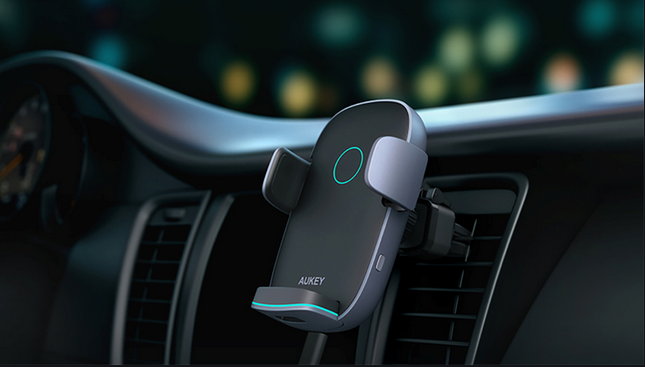A wireless car charger sounds like the perfect solution. With all of the things you have to carry around in your car (charger, cell phone, iPod, etc. ), wouldn’t it be nice to just toss those things in the car and go? However, there are many safety issues with this idea. Here is what I learned.

First of all, since most people are using their smartphones (which are now considered personal devices) in their cars, wireless charging would interfere with the sound, if you’re using the headphones to charge the phone. If there is any noise from your music player, it would also cancel out the wireless charging capabilities of your smartphone. If you use the headphones to charge the phone, your hands will be free to do other things, which will increase your chances of getting a good night’s sleep.
Second, there is the trade-off between security and convenience. Since you are going to leave your smartphone in the car, you have to make sure that it is protected. Most car chargers today are designed to protect against electromagnetic interference, which can interfere with the electrical system of your smartphone. However, if you use a phone case, the electromagnetic field coming from your phone case will increase and may affect the electrical system of your car.
Third, it may be better to use an air vent mount rather than a conventional wall mount. Although the advantage of using an air vent mount is that your device is protected against wind, there is another big problem: most air vent mount systems are rather bulky and large, thus they occupy a lot of space. If you are going to use a standard cell phone case, it is best to buy a wireless car charger so that you can place it in your vehicle’s glove box.
Lastly, consider the benefits of fast charging. The fastest way to charge your smartphone or tablet is to use the USB-C port. There are devices that can read and respond to this type of connection, like the iPhone. However, since the iPhone uses a different connector than the ones used by other manufacturers, you might experience compatibility issues. If you don’t have an iPhone, then the wireless car charger you are looking into might not be able to use the USB-C port, which would result in you having to use the micro USB adapter that comes with most mobile phones.
In conclusion, you need to look into three different aspects when buying a wireless car charger. First, you need to check compatibility. You also need to consider the extra benefits of fast charging and protection. Finally, you need to check out whether or not the unit has a built-in air vent.